Is your child fatigue more often? Does your child show other muscle related weakness? Then you should know about magnesium deficiency. Keep your baby away from the magnesium deficiency by providing the foods that are rich in magnesium.
Magnesium is one of the important mineral to support metabolism of the body. It is one of the abundant micro mineral available in the body. Magnesium is important for the kids to achieve healthy bone development.
In this article you will come to know the benefits of magnesium for the kids and the foods that are rich in magnesium.
What is Magnesium?
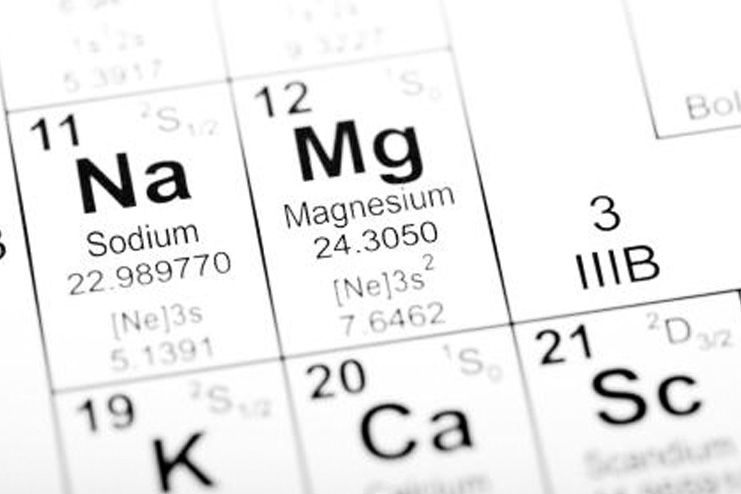
It is an element and mineral that is found throughout the nature and is an essential body’s electrolytes. Bones are the best reservoirs for magnesium. Low levels of magnesium are associated with number of medical conditions ranging from diabetes to heart disease.
Benefits of Magnesium Rich Food in Kids:

Magnesium plays a central and prominent role in overall functioning of your body ranging from synthesis of DNA to metabolism of insulin. Magnesium plays role over the 300 enzyme reactions in the body. It assists the muscle and nerve functions. It regulates the blood pressure and supports the immune system. It is one of the most important mineral that needs to be consumed in the large amounts. Here are a few benefits of Magnesium:
1. Bone Health:
We all know that calcium is essential for sustaining the strength of bones. Magnesium also plays a equal role for healthy bone formation
Magnesium directly and indirectly helps to improve the bone health. It regulates calcium and Vitamin D, which are two other nutrients required for the healthy bones.
2. Cardiovascular Health:
The body needs magnesium to maintain the health of heart along with bones. Mangnesium In a research, it was concluded that magnesium deficiency can make the person more prone to cardiovascular diseases.
3. Headaches:
Magnesium therapy helps to relieve headaches. Magnesium deficiency can affect the neurotransmitters. People who experience the migrain are diagnosed with the low magnesium levels.
4. Curbs the levels of anxiety:
Magnesium helps in balancing the mood disorders including anxiety, and depression. Low magnesium levels are associated with the high levels of anxiety.
5. Magnesium secures body from the risk of Type 2 Diabetes:
High magnesium in the diet lowers the risk of Type 2 Diabetes. Insulin resistance is damaged by the magnesium deficiency. Doctor use magnesium for the people with diabetes to keep glycemic levels in control.
80 mg per day is the recommended dietary allowance for the children between one and three years. Children between the bage group of 14-18 require 410mg of magnesium.
Causes of magnesium deficiency:

Studies show that about 50% of US population suffer with magnesium deficiency.
Here are a few causes that are driving out the precious mineral from our bodies:
- Alcohol intake is associated with the loss of magnesium in the body.
- Intake of white substances including sugar, flour, and rice may lead to magnesium deficiency.
- Coffee, sodas, and high intake of iodized salt may lead to magnesium loss.
Effects of Magnesium Deficiency:

Here are the few signs to show that your child is at the risk of magnesium deficiency.
1. Hyperactivity:
It is a condition where your child finds difficulty in utilizing the high potential energy efficiently. Children who are diagnosed with hyperactivity are known to exhibit the behaviors like excessive talking, excessive physical movement, and these children often try to interrupt the interactions.
If your child is more hyperactive, they consumes more magnesium and loses sufficient magnesium levels. The best solution to overcome this situation is to increase the intake of magnesium in the diet.
2. Attention deficit:
It is a mental disorder associated with the neurons. Children with this disorder are less likely to understand and follow the instructions. Children who are diagnosed with this disease are noticed with low magnesium levels in the body.
3. Asthma:
Studies show that, Children who are diagnosed with asthma are treated with the magnesium.
Signs of Magnesium deficiency in Children:
The symptoms of magnesium deficiency are difficult to analyze until unless the magnesium levels are too low. Here are the few signs that the child with Magnesium deficiency often exhibit:
- Children often become bad tempered and irritable
- They often experience the cramps
- Children with Magnesium deficiency often complain muscle twitches
- These children exhibit mental disorders
- Children with Magnesium deficiency are diagnosed with Osteoporosis. It is a condition associated with weak bones and bone features.
- Magnesium deficit children often exhibit fatigue and muscle weakness.
- These children experience high blood pressure, asthma, and irregular heart beat.
Best Magnesium Rich Food For Child:
If your child has any health disorder that causes a loss of magnesium from the body, it is recommended to feed your baby magnesium rich foods or supplements. Diabetes makes your child to loss magnesium levels from the body.
If your child is recommended to add the magnesium rich foods in diet, here is the list of magnesium rich foods for Toddlers:
1. Cooked Spinach:
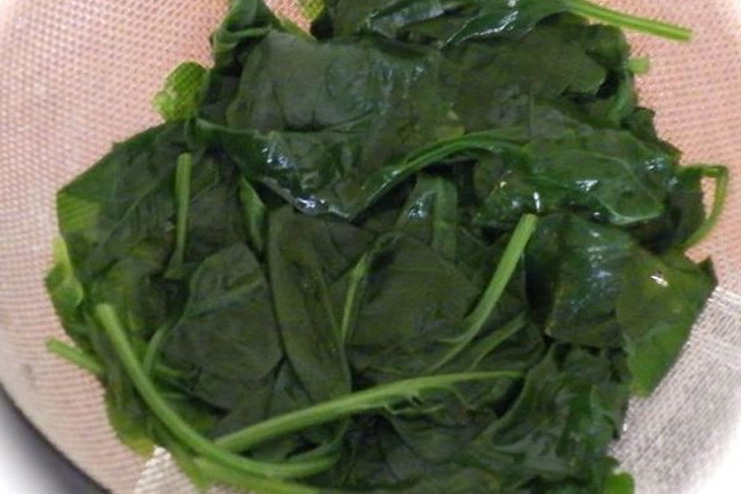
1 cup of cooked spinach contains about 157mg of magnesium. It is also excellent source of several nutrients including iron, manganese, Vitamin A, C, and K.
2. Soy Milk:

Soy milk is plant based drink obtained from grinding soybeans. Original and unfortified soy milk contains about 25 mg of magnesium. It can be fortified with calcium, and vitamin D. It is a good reserve for vitamin A, B-12, potassium, and isoflavones. It is cholesterol free with low contents of fat when compared to cow’s milk.
3. Legumes:
 Legumes are family of nutrient dense plants including lentils, beans, chick peas, peas, and soy beans.
Legumes are family of nutrient dense plants including lentils, beans, chick peas, peas, and soy beans.
4. Dark Chocolate:

Dark chocolate is delicious and healthy too. 1 ounce of dark chocolate contains about 64 mg of magnesium. It is rich in other nutrients like iron, copper, and manganese. Dark chocolate is the source of prebiotic fiber that feeds healthy gut bacteria in the stomach.
5. Nuts:

This is best food high in magnesium for children. Nuts like almonds, cashew, and peanut are healthy and they are packed with rich levels of magnesium. One ounce of almonds is known to serve 80 mg of magnesium.
6. Avocado:
 1 cup of avocado contains about 43.5 mg of magnesium. It offers many health benefits. It reduces stress levels and helps in soothing the sore muscles.
1 cup of avocado contains about 43.5 mg of magnesium. It offers many health benefits. It reduces stress levels and helps in soothing the sore muscles.
You may also read How to Introduce Avocado to babies
7. Bananas:

Bananas offer a wide variety of health benefits. They are the rich source of magnesium, Vitamin C, and B6. Bananas help in protecting against Type 2 diabetes.
8. Tofu:

It is a food product obtained from the soy milk. Magnesium content in various types of Tofu ranges from 100 mg to 181 mg.
Here are a few types of Tofu with their corresponding levels of magnesium:
- Dried frozen Tofu (Prepared with calcium sulfate): 181 mg of magnesium
- Salted and fermented Tofu: 58 mg of magnesium
- Fried Tofu: 60 mg of magnesium
9. Seeds:
 Seeds are healthy and they contain high amounts of magnesium.They are also rich in iron, monosaturated fat and omega 3 fatty acids. Being rich in anti oxidants, they protect the cells from the harmful free radicals which are produced during metabolism.
Seeds are healthy and they contain high amounts of magnesium.They are also rich in iron, monosaturated fat and omega 3 fatty acids. Being rich in anti oxidants, they protect the cells from the harmful free radicals which are produced during metabolism.
Pumpkin seeds are rich source of magnesium with 150 mg in 1 ounce. Flax seeds and chia seeds are also good source of magnesium.
10. Whole grains:
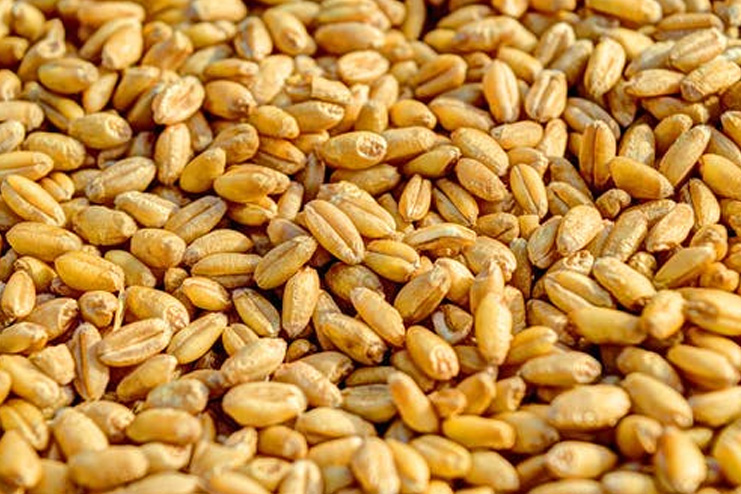 Whole grains including wheat, oats, and barley are rich source of magnesium. They are also rich source of fiber, manganese, and selenium. Buckwheat and quinoa are also the rich source of magnesium.
Whole grains including wheat, oats, and barley are rich source of magnesium. They are also rich source of fiber, manganese, and selenium. Buckwheat and quinoa are also the rich source of magnesium.
Whole grains are known to reduce inflammation and heart disease.
11. Figs:
 Figs are rich source of fiber and other nutrients such as potassium, and magnesium. They are good source of antioxidant vitamins like vitamin A and Vitamin K. These antioxidant minerals contribute to health and wellness.
Figs are rich source of fiber and other nutrients such as potassium, and magnesium. They are good source of antioxidant vitamins like vitamin A and Vitamin K. These antioxidant minerals contribute to health and wellness.
12. Yogurt:
 1 cup of yogurt serves about 30 mg of magnesium. It is a rich source of many proteins and omega 3 fatty acids.
1 cup of yogurt serves about 30 mg of magnesium. It is a rich source of many proteins and omega 3 fatty acids.
13. Broccoli:
 It is a good source of fiber and vitamins like Vitamin A, B, E, and A. Broccoli is a good source of minerals like magnesium. Especially green foods are loaded with much magnesium.
It is a good source of fiber and vitamins like Vitamin A, B, E, and A. Broccoli is a good source of minerals like magnesium. Especially green foods are loaded with much magnesium.
14. Peanut Butter:
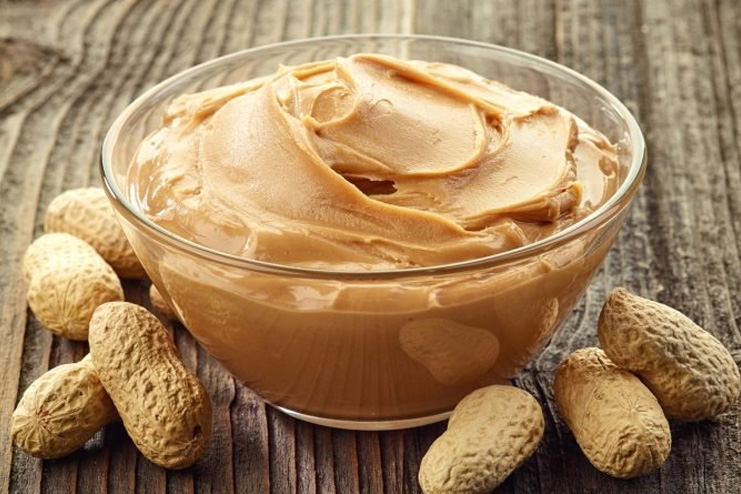
Peanut butter is a relatively low carbohydrate food. It is a good source of fats, fiber, proteins, and magnesium. It helps to fight against diabetes.
15. Black Beans:
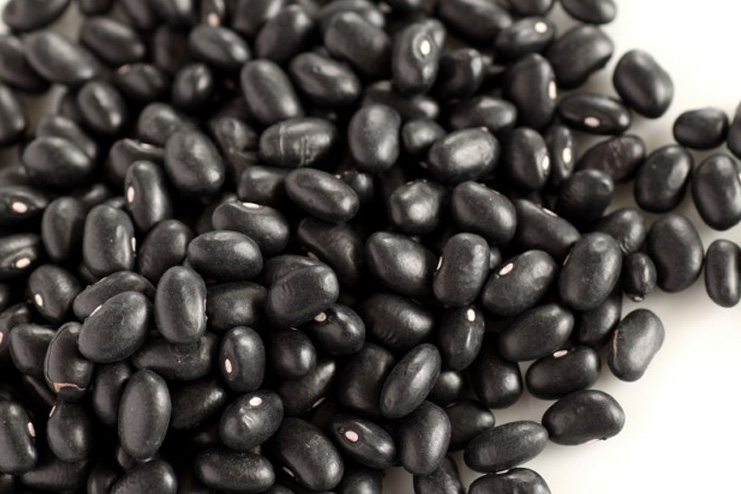
Black beans are the edible seeds of the plant. 1 cup of black beans serves about 120 mg of magnesium. They contain several other vitamins and minerals that promote the good health.
They help in maintaining the healthy bones, lowers blood pressure, manages diabetes, and keep you away from the heart disease.
16. Swiss Chard:
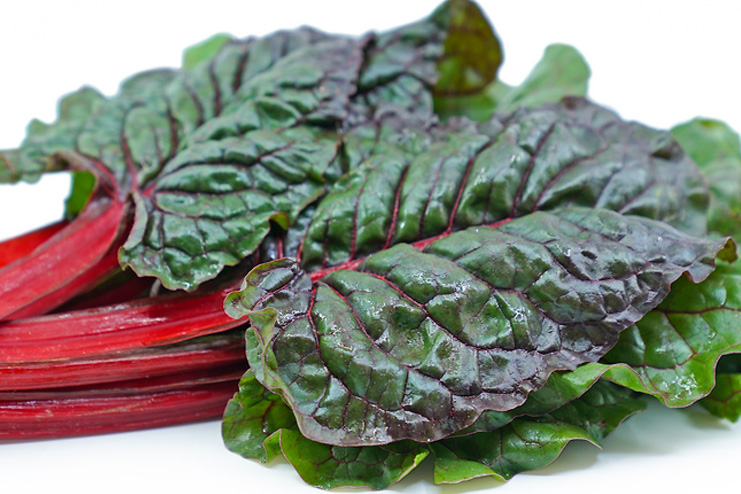
Swiss chard is one the highly nutritious foods. It contains all the healthy minerals like calcium, magnesium, and potassium that help in lowering the high blood pressure.
17.Potato:
One large potato with skin hosts about 84 mg of magnesium. Potatoes are also good source of wide variety of minerals and nutrients like potassium, iron, vitamin C, and B-complex.
18. Brown Rice:
Brown rice is a good source of magnesium and other minerals like copper, phosphorus, selenium, and niacin.
Brown rice is involved in the synthesis of fatty acids by producing the energy from protein and carbohydrates.
19. Oat meal:
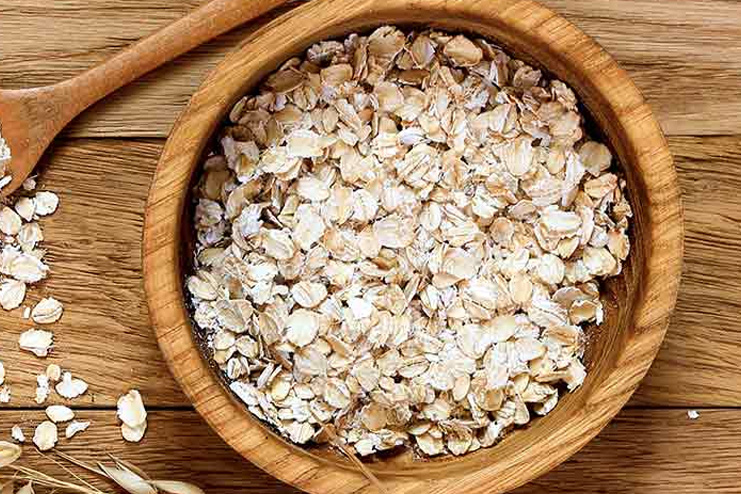
Oat meal is coarse flour obtained from oat grains. 100 grams of oatmeal serves about 26 mg of magnesium. Oatmeal is a nutritious food and is rich in antioxidants, and soluble fiber. They help in controlling the blood sugar.
20. Raisins:
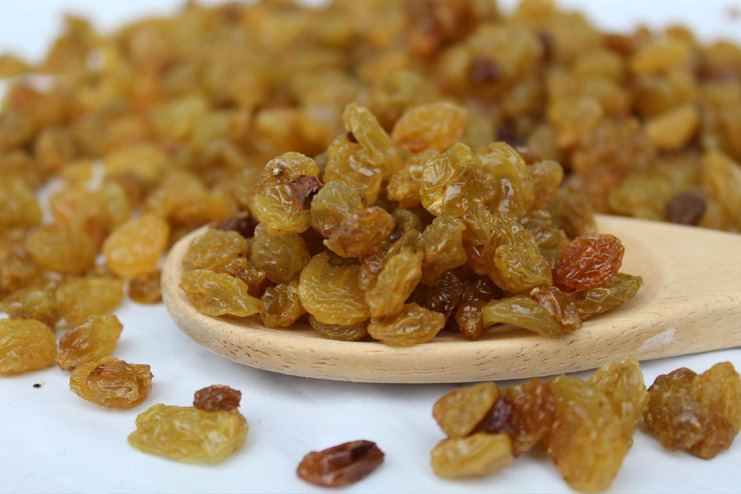
Raisins are dried grapes and offer delicious flavor. They are also rich source of iron, copper, magnesium, and potassium. They supply the body essential nutrients that help in making the red blood cells and carrying the oxygen throughout the body.
21. Salmon fish:

This fish is mostly found in the rivers that flow into the oceans. Salmon is a rich source of magnesium and omega 3 fatty acids. Salmon fish helps in controlling the weight and it reduces the risk of heart disease.
In conclusion, we are fortunate to have natural foods that can overcome magnesium deficiency. Always load your child with the best nutritious food. Supplements are preferred in some cases. It is always a right choice to consult your pediatrician for the effective supplements with the right dosage.










































